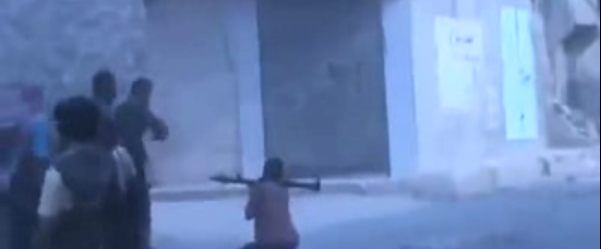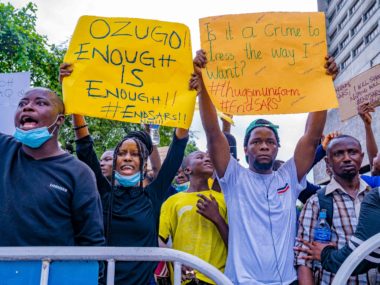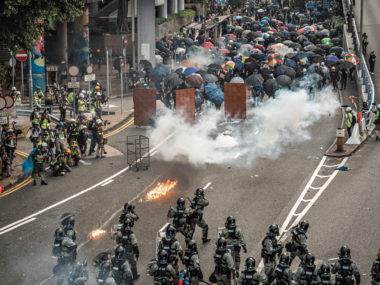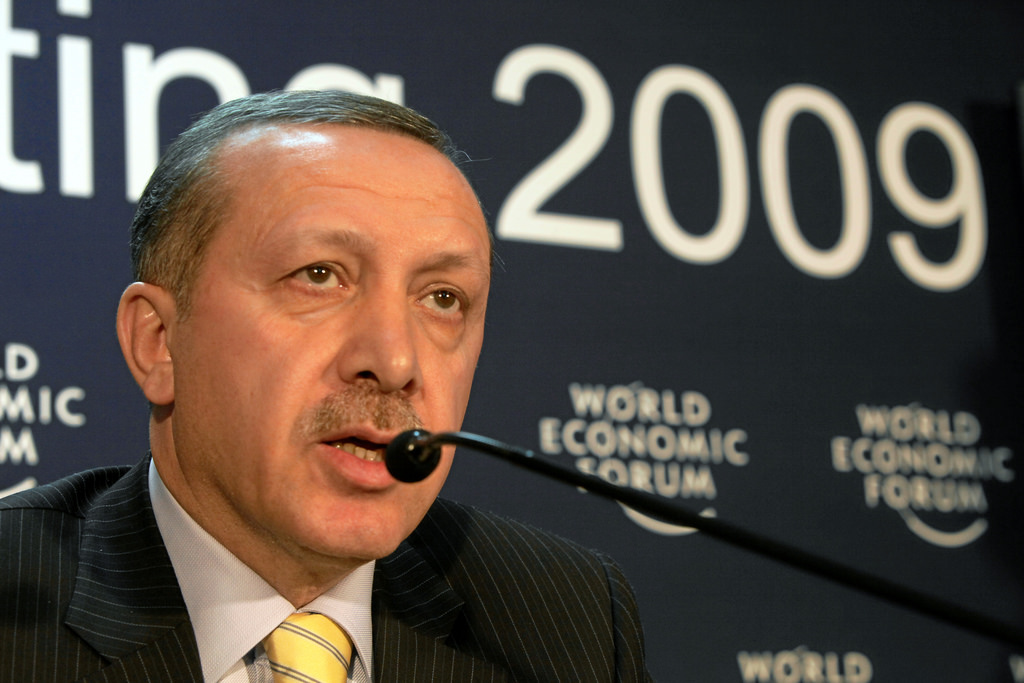Guest Post by Kara Kingma Neu
Venezuela is in deep crisis. Opposition to President Maduro escalated in March, when the Supreme Court stripped the opposition-controlled National Assembly of its powers. Protests since then have resulted in the deaths of dozens and detainment of thousands, largely at the hands of the security forces. Demonstrations have ramped up following the recent sham vote on a new constitutional assembly that will allow Maduro to rewrite the constitution and further dismantle the country’s democratic institutions. Many have wondered how the protests will end. A major factor in their outcome will be the response of the Venezuelan military – research shows that military defections are often crucial for the success of major anti-regime protests, and there have been various reports of discontent among the military at being asked to support Maduro’s increasingly illegitimate government.
There are many ways in which the Venezuelan military may respond. During anti-regime protests in the past, militaries have sometimes remained loyal, as the Bahraini military did in 2011. Other times they have maintained neutrality, by neither supporting the regime nor shifting support to the protesters, such as during Czechoslovakia’s Velvet Revolution. Still, other examples show low-level loyalty shifts by the rank and file or low ranking officers – in Peru, a small group of soldiers rebelled from Fujimori in response to protests in 2000. Some involve high-level loyalty shifts, which can be fragmented or divided, as in Romania 1989 when mid-level officers refused to follow regime orders to repress, leading the army to withdraw to the barracks, or united in full defection, such as the Sudanese military’s leadership decision to side with the people in 1985.
In my dissertation research, I find that higher-level members of militaries are more likely to shift loyalty to a greater extent when authoritarian governments have threatened the functional capacities of military with coup-proofing strategies. Authoritarians coup proof when they secure themselves from military threats by weakening and dividing the military. Because this reduces military capabilities, it undermines the military’s claim to authority as an institution that can protect the polity. Mass protests against the government that challenge government legitimacy also threaten the legitimacy of the military’s delegated authority. Under these circumstances, militaries are most likely to shift loyalty to the protesters as a means of preserving their authority.
Maduro (and Chavez before him) has certainly coup-proofed the military, using forms of control that rely on political and economic cronyism and personnel decisions based on loyalty rather than merit. These strategies have increased the regime’s security at the expense of military capacity. As expected, military discontent with Maduro is evident, especially at the lower ranks. However, thus far most senior officers have been co-opted by the ruling party. It remains to be seen whether pressure from below and threats to the military’s authority will become threatening enough to generate loyalty shifts among these senior officers.
My research also shows that militaries are more likely to shift loyalty at higher levels when the protest movement is large and committed to nonviolence. As such, the presence of a “militant opposition” fringe could undermine the potential for defections. When protest movements have radical flanks, the military is often less likely to see the protesters as a good alternative to the regime.
If the Venezuelan military does shift loyalty to the protesters, what impact will this have on future political outcomes? Research demonstrates that significant military loyalty shifts, or defections, are associated with protest campaign success. But, military involvement in the post-protest transition can hurt democratization under some circumstances (see SCAF’s control of the Egyptian post-Arab Spring transition for a particularly acute example). My dissertation also demonstrates that different types of military loyalty shifts have different impacts on democratization. High-level military loyalty shifts may support protesters and make political change more likely, but it is less likely to lead to democratization when the military defects as a unit, commanded from the top. In these cases, the military is often too powerful a player in the transition, damaging the potential for civilian control, which is critical to democratic consolidation. Less united but still high-level defections are most likely to lead to both campaign success and democratic consolidation.
For Venezuela, the fragmentation in the military we already see – between officers and rank and file, and among officers – could be an encouraging pattern. More worrying, though, is the taking up of arms by dissident soldiers. These defectors may be attempting to support the opposition, but my research suggests that by escalating the violence and thus the threat to societal security and to the military, it bodes poorly for both generating military loyalty shifts and more democratic political change.
Kara Kingma Neu is a PhD candidate at the Josef Korbel School of International Studies, a Research Fellow at the Sié-Chéou Kang Center for International Security and Diplomacy, and an awardee of the International Center on Nonviolent Conflict 2016 PhD Fellowship. Her research explores the political roles of militaries, primarily in democratizing and developing countries. You can follow her on Twitter @karakneu.





